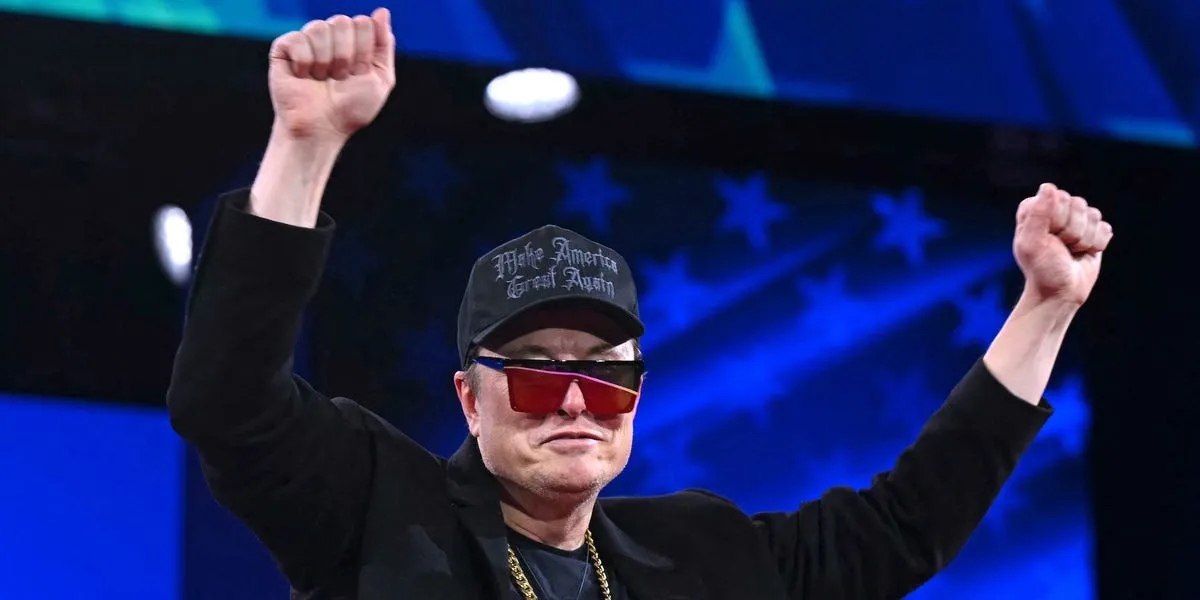
In a recent all-hands meeting that took place at 9 p.m. in Austin, Tesla’s CEO Elon Musk demonstrated once again his distinctive approach to leadership. This late-night gathering, held with little notice, may have raised eyebrows at any other company, but Musk's unique position allows him to operate outside typical corporate norms. However, experts warn that such a leadership style carries risks that could affect employee morale and company culture.
While many CEOs would consider a last-minute evening meeting a sign of disorganization, Musk’s late-night call was indicative of his all-in approach to work. As Wil Schroter, founder and CEO of Startups.com, noted, "There's no version where he's in this many things all at once, and it goes well." With responsibilities spanning multiple companies, including Tesla, X, and SpaceX, Musk's workload is immense, raising questions about how much he can realistically demand from his workforce.
Leadership expert Melissa Schilling from New York University's Stern School of Business highlighted the potential negative implications of Musk's decision. "Starting a meeting when bedtime routines might be underway can ding worker morale," she explained. Employees may feel undervalued if their time is not respected, which can create a rift in the employer-employee relationship. Schilling further emphasized that Musk's actions have far-reaching consequences, stating, "He is well past the honeymoon stage of leadership," and must be mindful of how his decisions impact a larger workforce.
Despite the chaotic nature of the meeting, it did have some positive effects. Tesla’s stock showed signs of recovery after Musk urged employees to hold onto their shares and discussed the company's upcoming Cybercab. However, observers like Schroter caution that Musk's reputation for being unconventional might not shield him from backlash if significant issues arise, such as a drastic drop in Tesla shares. "If he had to deal with a major crisis, Musk stans would be less forgiving," he warned.
Musk's dedication to his work is well-documented; he famously slept on the factory floor during the Model 3 production challenges and crashed on the couch while transforming Twitter into X. This relentless work ethic, while impressive, also raises questions about preparedness. Schilling noted that the recent meeting suggested Musk might have only recently recognized the need to address pressing company issues.
Dorie Clark, a communication coach at Columbia Business School, pointed out that Musk's reputation for being a "little bit chaotic" allows him to execute unconventional meetings without severe repercussions. "This is a person who smoked dope on the Joe Rogan show," she remarked, highlighting how Musk's emotional and improvisational style can mitigate concerns about his erratic behavior. Yet, Clark cautioned that merely showing up is insufficient to maintain the loyalty of employees and investors without further action to address the challenges facing Tesla.
Schroter emphasized the effectiveness of Musk's direct communication with workers, stating that personal engagement is often more impactful than corporate memos or communications teams. "There's something different when you stand in front of people," he said. This personal touch can foster a sense of shared purpose and commitment among employees, reinforcing their loyalty even amidst demanding expectations.
In the world of corporate leadership, Elon Musk stands apart. His ability to ask more from his employees than the average CEO is rooted in a unique dynamic that blends charisma, vision, and a certain level of chaos. While many leaders may not have the luxury to operate in such a manner, Musk's track record suggests that he often emerges successful. However, as the landscape evolves and challenges mount, it remains to be seen how long this approach can sustain the loyalty and productivity of Tesla's workforce.